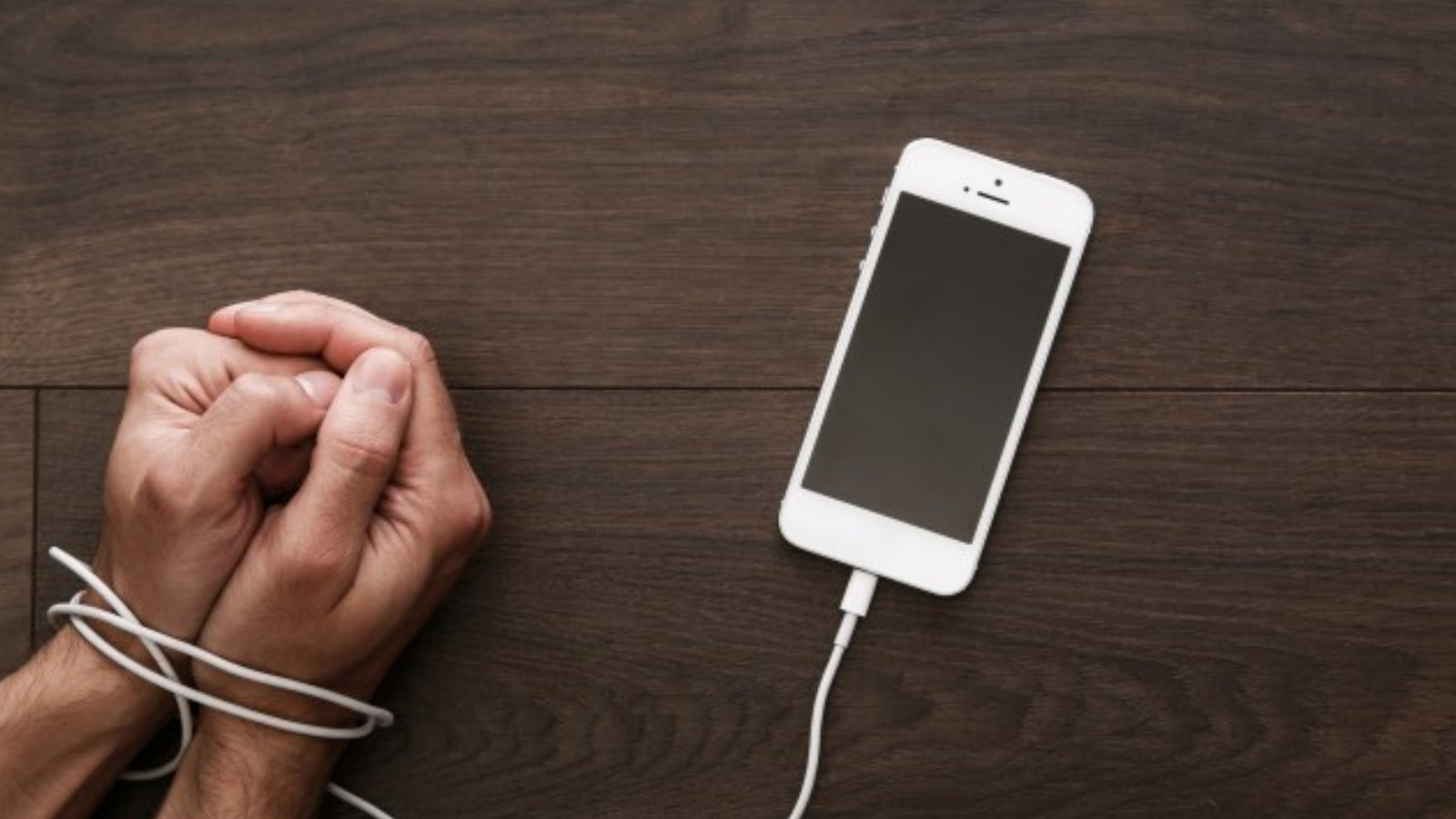Googling of symptoms “Cyberchondria” The basic habit of googling anything: We live in the era of google and internet, a generation we are that can google its way into anything. It could be a school project, data for business, finding our match (both tinder and jeevansathi ) and now even symptoms when things go slightly irksome. Recently I came across a meme in my newsfeed reading, “ that feeling when you google your symptoms and you get to know you’ve already died 7 minutes ago”, roars of laughter at this but these jokes highlight a very new and upcoming issue ‘cyberchondria’.
Cyberchondria, otherwise known as ‘compucondria’, is the unfounded escalation of concerns about common symptomology based on review of search results and literature online. At the very basis of this condition is the basic habit of googling anything. This is a kind of anxiety that one might have some medical problem and is highly apprehensive about it based upon what he read online. So the first things first, before we read some literature online and jump to the conclusion of having contracted some medical condition, we need to know whether we are developing the condition of cyberchondria.
There are some common symptoms of cyberchondria:
- You check online for symptom information from up to 1 to 3 hours per day: On average, people high in illness anxiety spent a little over 2 hours a day as a high point during the past month on their worst day. In contrast, people low in illness anxiety spent less than an hour, or 1 hour at the most on their very worst days.
- You fear having several different diseases: Those high in illness anxiety feared having nearly 5 diseases compared to their low illness anxiety counterparts, who feared having less than 2.
- Looking online to get symptom information makes you feel more anxious: If those high in illness anxiety are trying to reassure themselves, their online probing is only making them worse. During and after their checking sessions, they report far higher anxiety than individuals scoring low on the illness anxiety scale.
- Your health is actually medically stable: Although people high in illness anxiety had higher self-reported disability, their health hasn’t undergone major changes. They were actually less likely to have an unstable medical illness than were those low in illness anxiety.
The next important question we are faced with if we do not actually have cyberchondria is whether googling your symptoms is actually a good idea or not.
Firstly in this internet era where a sizeable part of the population has access to internet, anyone and everyone can post stuff over the net. Google is a programmed search engine which tries to match keywords from your search and presents articles that have those keywords. Hence you can find all sorts of data up on the net. Your searched symptoms can be matched to content that’s not at all relevant to what you might be looking for, or it can be matched to content that’s not credible or from a credible source or even worse even if the content is credible, there are many diseases that have some symptoms in common hence leading to wrong diagnosis. It can be hyping your trivial symptoms or you might end up underestimating your problem simply on the basis of wrong information.
It will be sensible to clear the clouds of apprehensions by consulting a medical professional. Or if you feel rushing to medical help immediately seems too big a step altogether then the least we can ensure for ourselves is to search for medical journals or go through websites that end with .gov or .edu (they are more reliable) and not forums like Wikipedia as anyone can access it and change the content.
Hence don’t chicken out as panicking would only worsen your scenario.
Recent Posts

Nurturing Hope and Empowering Parents: FAQs Answered by Dr. Pooja Anand Sharma on Parenthood and Infertility

Unveiling Spiritual Quotient: The Hidden Key to Personal Fulfillment


